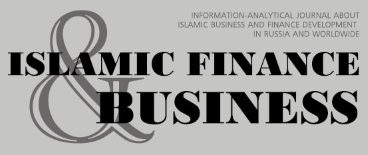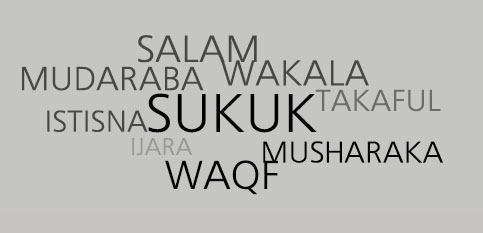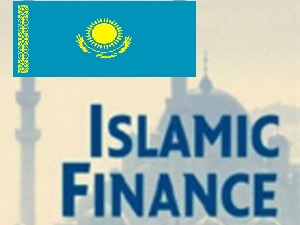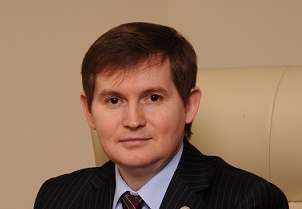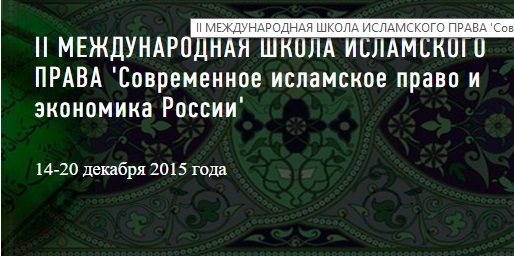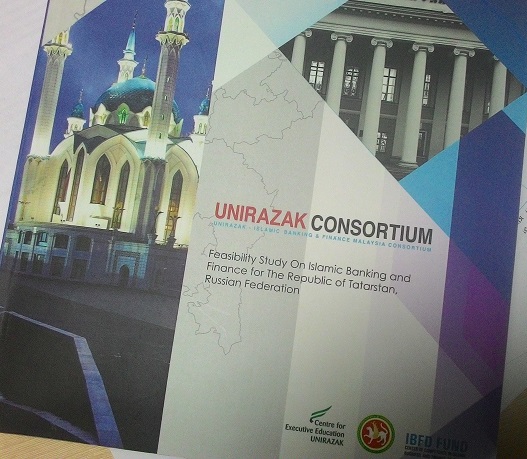It is said that every cloud has a silver lining. The global economic crisis has not been without one such. The Islamic finance, economics, banking, sukuk (bonds) — subject of debate and doubts just a few years ago — has come to be accepted as an investible, profitable, viable system in the world economic order, and become the subject of summits.
It is said that every cloud has a silver lining. The global economic crisis has not been without one such. The Islamic finance, economics, banking, sukuk (bonds) — subject of debate and doubts just a few years ago — has come to be accepted as an investible, profitable, viable system in the world economic order, and become the subject of summits.
According to Zeti Akhtar Aziz, Governor of Bank Negara Malaysia, in the last decade Islamic finance has evolved into a complete and competitive form of financial intermediation, effectively serving consumers and businesses, both Muslims and non-Muslims; it has seen significant milestones being achieved in the area of the international Islamic financial infrastructure and in the area of human capital development; and the sector has assumed an international dimension in which it is becoming an increasingly important part of the global financial landscape.
Luxembourg will host the 8th Islamic Financial Services Board (IFSB) annual summit in the Duchy in 2011. It will be the first time that the summit will be hosted by a European Union (EU) member country. Luxembourg last November became the first and remains the first EU member country to become a member of the IFSB, the prudential and supervisory standard setting body for global Islamic finance.
Luxembourg is already a major place for sukuk listing and the registration of Islamic funds. Currently, there are some 16 sukuk listed on the Luxembourg Stock Exchange with a combined value of € 5.5 billion; and over 45 Islamic investment funds, largely equity funds domiciled in Luxembourg.It may be recalled that some months ago, Luxembourg held a landmark Islamic finance showcase titled ‘Relying on Innovation, Building on Expertise’ at the 7th IFSB annual summit in Manama, Bahrain. The annual summit of the IFSB, which was hosted by the Central Bank of Bahrain (CBB), stressed urgent attention to three key areas in Islamic finance, namely, liquidity management, adoption of legal and Shariah frameworks, and implementation of prudential standards.
The summit with the theme, ‘Global Financial Architecture: Challenges for Islamic Finance,’ attracted participants from many countries including for the first time banking regulators from Luxembourg, Sweden and Mauritius. The showcase speakers included,Claude Zimmer, a member of the council at Banque Central du Luxembourg; Fernand Grulms, CEO of Luxembourg for Finance (LFF), the promotion arm of the Luxembourg financial services industry, whose chairman is Yves Mersch, governor of the central bank; Camille Thommes, director general of the association of the Luxembourg Fund Industry (ALFI); and Marc Theisen, senior partner at Theisen Law.
The general consensus was that there is significant potential for Islamic finance out of Luxembourg and for the Duchy to become a major Islamic finance hub, especially for cross-border transactions, including in Europe using the EU passport, because this initiative has strong political support especially from Luxembourg’s Minister of Finance Luc Frieden and Governor Yves Mersch.
Zimmer stressed that the Luxembourg delegation was in Bahrain to inform delegates about the latest developments regarding Islamic finance in the Duchy and to learn from others’ experiences. He said that there should be no regulatory or legal impediments for an Islamic bank to be authorised in Luxembourg as long as it meets the provisions of banking law. Because the Duchy has a mere population of half a million, it would not make sense for a commercial bank to be established. However, an Islamic investment bank could be feasible.
Zimmer, however, agreed that the main challenge for the Islamic finance sector in many jurisdictions is liquidity management, because there are no Shariah-compliant government treasury instruments in which Islamic banks can park their reserves requirements and short-term liquidity requirements. Governor Mersch was very positive about Islamic finance and the potential role it can play toward contributing to global financial stability.
The Luxembourg tax authority in January 2010 introduced measures facilitating sukuk and Islamic finance products in the country. Guy Heintz, director of Contributions (tax administration) of Luxembourg, stressed that neutrality and equality is the basis for all financial products including Shariah-compliant ones. He said, “Shariah-compliant products such as Murabaha and Sukuk are no longer considered to be at a disadvantage when compared with conventional banking products and systems found in Luxembourg.”
По материалам Opalesque
 Contacts |
Contacts |
 Русский
Русский

